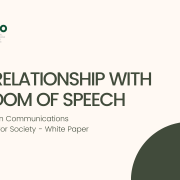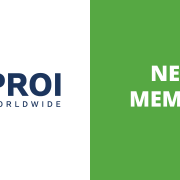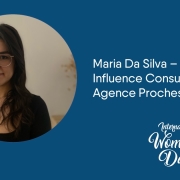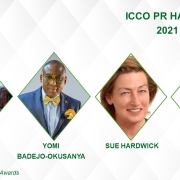Ten PR and Communications Industry Leaders Set to Speak at the World PR Day Fireside Chats on July 15 and 18
Ten notable PR and communications professionals from across the world have been confirmed to speak at the World PR Day Fireside Chats on Twitter Spaces on Friday, July 15, 2022 and Monday, July 18, 2022 as part of the annual celebrations.
Themed “Trust, Truth and Transparency”, the second edition presents another opportunity for professionals to put forward a unified global agenda and propel each other to answer a call of duty, help stakeholders to communicate more responsibly and be more deliberate about using public relations to build, innovate and develop.
“The Fireside Chats give us an opportunity to hear from revered professionals across the globe on the need for practitioners to help people, companies and governments communicate more honestly and responsibly,” Convener, World PR Day, Ayeni Adekunle says.
Amongst the speakers are leaders of global PR associations, agencies, media and companies:
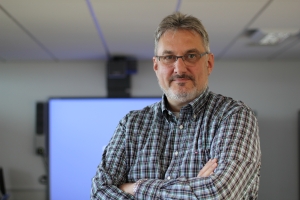
Alastair McCapra, Chief Executive, Chartered Institute of Public Relations (CIPR)
Alastair McCapra, who has been Chief Executive of the CIPR since 2013 after working for several other professional membership associations, will join the fireside chat as a speaker. Alastair is renowned for introducing corporate affiliate membership, a new chartership assessment process taking the CIPR virtual in 2020. Nearly tripling the number of members who complete CPD each year is the achievement he rates as his most important.
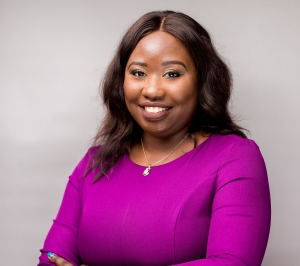
Emma Wenani Chief Director, GMA Worldwide
Emma Wenani is a Communications Professional (Public Relations, Digital Marketing, Project Management and Events Management) with over 10 years of experience working in different capacities at senior management level in mainly consulting and media firms. Confirmed as the moderator of the fireside chat; Emma currently oversees the Communication Units for Global Media Alliance Group as its Chief Director leading her teams in providing strategic and objective advisory services to the clients they work with. The team currently works with and services clients in the telecommunication, banking, agriculture, non-governmental, nutrition, government, technology industries among others.
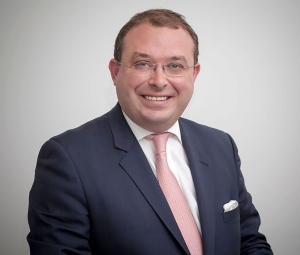
Francis Ingham, Director General of the Public Relations and Communications Association (PRCA)
Francis Ingham: For the past 15 years, Francis Ingham has been Director General of the Public Relations and Communications Association (PRCA), operating out of London, Singapore, Hong Kong, Buenos Aires and Dubai. Since 2013, he has also held the position of Chief Executive of the International Communications Consultancy Organisation (ICCO). Representing over 35,000 practitioners, PRCA is the largest PR professional body in the world. ICCO is the global voice of public relations associations and its membership comprises 41 national trade associations, collectively representing over 3,000 PR firms.
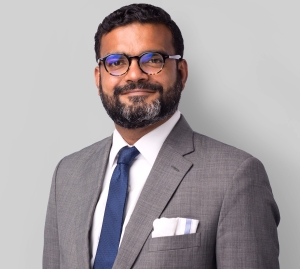
Jacob Puthenparambil_Founder & CEO, Redhill
Jacob Puthenparambil is a communications expert, opinion leader, author, serial entrepreneur, and business leader with over two decades of global experience. Jacob is also the founder and CEO of Redhill, a global communications agency. Headquartered in Singapore and with a presence in eighteen countries and twenty-one cities, Jacob oversees a team of more than 150 talent across Singapore, Korea, Malaysia, Indonesia, Australia, Thailand, India, Greater China, Japan, Philippines, Vietnam, Sri Lanka, and Cambodia, along with growing teams in the Middle East, Europe, and the US.
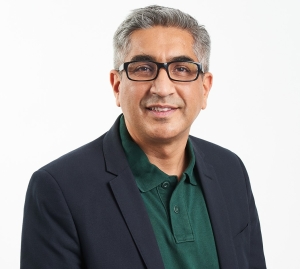
Nitin Mantri, President, International Communications Consultancy Organization (ICCO)
Nitin Mantri is a dynamic leader in the world of communications. He’s the Group CEO of Avian WE and the President of International Communications Consultancy Organization (ICCO). He is also a member of the Public Relations and Communications Association (PRCA)’s Global Advisory Board and Co-Chair of PRCA Asia Pacific and PRCA Ethics Council. He was the President of the Public Relations Consultants Association of India (PRCAI) for five years – from 2015 to 2020.
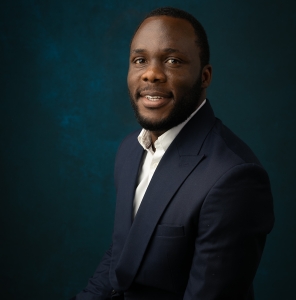
Obabiyi Fagade, Marketing Manager Heineken, Africa, Middle East and Eastern Europe
Obabiyi Fagade is the Trade Marketing Manager for the Africa Middle East and Eastern Europe region at Heineken. In this role, he is responsible for identifying and unlocking growth opportunities, developing commercial toolkits for brand building and ensuring alignment and consistency of local brand initiatives with its global strategy. He has developed various global Heineken campaigns, especially for the brand’s biggest football sponsorship platform – The UEFA Champions league.
An experienced and award-winning marketing professional, Obabiyi is skilled in the development of digital communication and individualised data-driven marketing (iDDM). He is particularly skilled and experienced in Marketing Management, Innovation Management, Integrated Marketing Communication, Advertising, and Brand Activation.
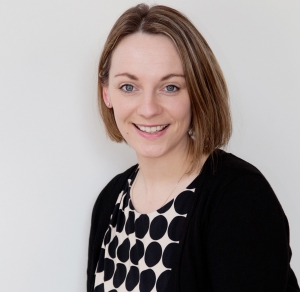
Rachel Roberts, President of the Chartered Institute of Public Relations (CIPR)
Rachel Roberts is the Founder and CEO of an award winning UK PR practice, spottydog communications. She is also currently serving as the President of the Chartered Institute of Public Relations and is a CIPR Chartered Practitioner. Rachel has worked as a communications consultant for over 20 years operating in-house for British Telecom and charity Cancer Research UK, and within the consultancy sector at Jackie Cooper PR (now part of Edelman) and Harrison Cowley (now part of Grayling).
In 2010, Rachel founded spottydog communications as an independent consultancy in Birmingham, UK and has organically grown the business to create the 20-strong team that now exists, picking up over 30 industry awards along the way, including in 2019 the accolade of PRCA’s DARE Awards Industry Leader of the Year.
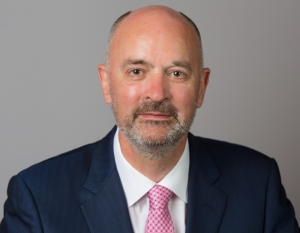
Steve Barrett, Editorial Director, PRWeek
Steve Barrett: As the VP and Editorial Director, of PRWeek & Campaign US, Steve oversees content operations across Haymarket Media’s flagship business titles – PRWeek and Campaign US. In 2021, he received the Timothy White Award, named after the longtime editor of Billboard Magazine, which is given out annually by the Jesse H. Neal Awards to an editor whose work displays courage, integrity and passion. PRWeek is the premier global media business brand for the communications and PR industries, publishing online and in print.
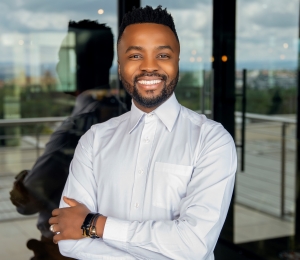
Sylvester Chauke, Chief Architect – DNA Brand Architects
Sylvester Chauke: CNBC Africa Young Business Leader of the Year 2017, Sylvester is a multi-ward winning entrepreneur and founder of Adweek’s Top 100 Fastest Growing Agency in the world 2020, DNA Brand Architects.
After a lustrous career as the National Marketing Manager for Nando’s South Africa, Sylvester joined broadcasting giant, MTV Networks Afric,a as its Director of Marketing and Communication before establishing DNA Brand Architects; working with some of the most revered global brands on the African continent.
Besides running South Africa’s Large PR Agency of the Year 2021, Sylvester Chauke is one of the 22 young leaders from around the world sitting as the Advisory Council for the World Economic Forum Global Shapers and was selected to join the Harambe Entrepreneurs Alliance in 2018.
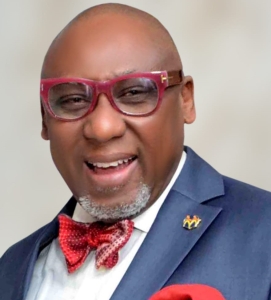
Yomi Badejo-Okusanya, President, African Public Relations Association (APRA) and Group Managing Director, CMC Connect (Perception Managers)
Yomi Badejo-Okusanya is the Group Managing Director, CMC Connect (Perception Managers) with over 30 years to his credit. He started his career in 1988 and he later founded CMC Connect Limited in 1992.
He is is a Fellow of the Nigerian Institute of Public Relations (NIPR) where he was past Chairman of the Lagos State Chapter. He also sits on the boards of several blue-chip companies in Nigeria.
As part of his continued efforts at mainstreaming Africa into global public relations practice, Yomi has served as a Board Member of the International Public Relations Association (IPRA). His love for Africa is evident in his selfless service to the African Public Relations Association (APRA) where he served as a two-term Secretary-General and is the current President. He was recently appointed as West Africa Chair for the Public Relations and Communications Association (PRCA).
Details on how to participate in the 2022 World PR Day celebrations are available on the World PR Day website – wprd.app/world-pr-day-2022.


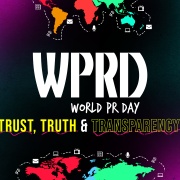

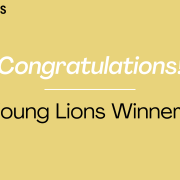
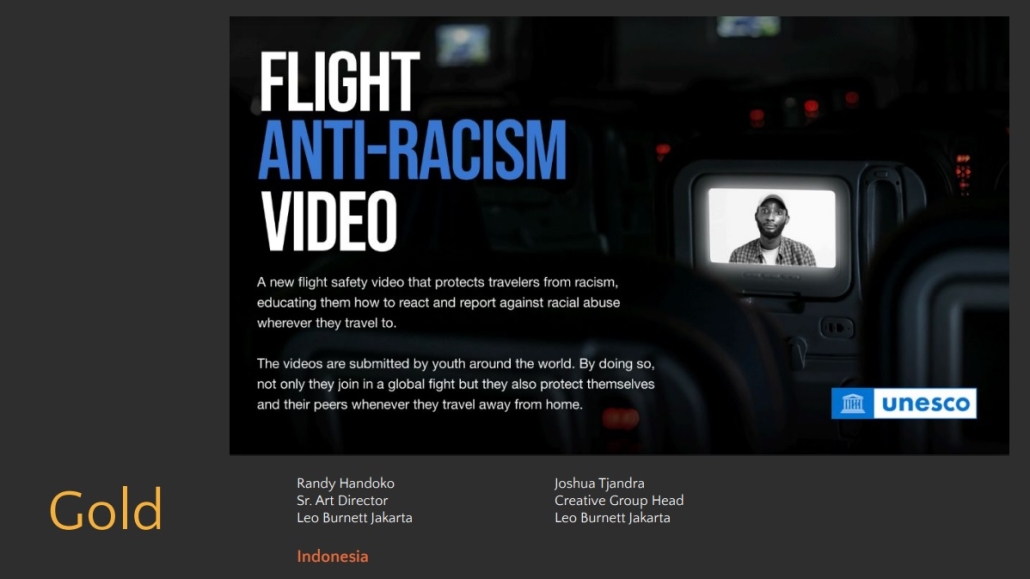 Indonesia’s Randy Handoko and Joshua Tjandra, creatives at Leo Burnett Jakarta, are the winners of this year’s Cannes Young PR Lions competition. The team from Colombia, Rony Saavedra and Manuel Barbosa Granados won Silver, and from Germany, Alexander Walter and Katharina Kiriakou claimed Bronze.
Indonesia’s Randy Handoko and Joshua Tjandra, creatives at Leo Burnett Jakarta, are the winners of this year’s Cannes Young PR Lions competition. The team from Colombia, Rony Saavedra and Manuel Barbosa Granados won Silver, and from Germany, Alexander Walter and Katharina Kiriakou claimed Bronze.
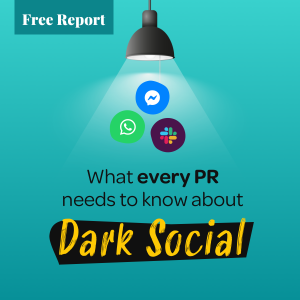 Dark social. Never heard of it? You are not alone! However, research shows that most of the content generated by the PR industry is being shared and talked about within dark social channels. We just can’t see it.
Dark social. Never heard of it? You are not alone! However, research shows that most of the content generated by the PR industry is being shared and talked about within dark social channels. We just can’t see it.
